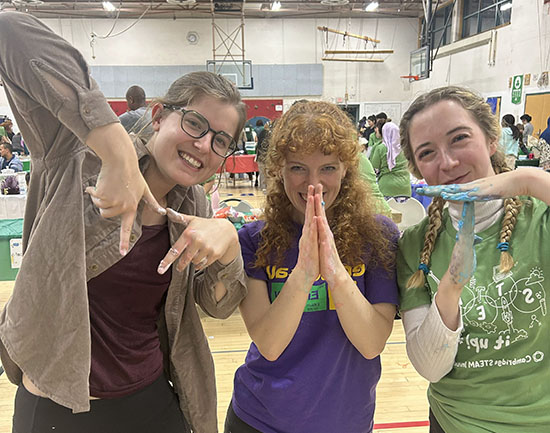
Study reveals climatic fingerprints of wildfires and volcanic eruptions
In research that could help elucidate humans’ role in global warming, scientists showed how three major natural events impacted global atmospheric temperatures.
Read the Article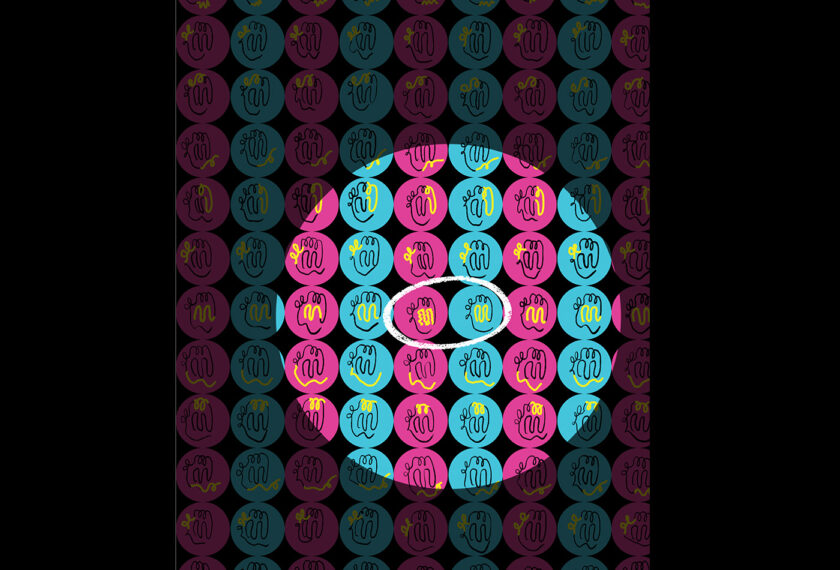
Cancer’s Secret Safety Net
Researchers uncover a hidden mechanism that allows cancer to develop aggressive mutations.
Read the Article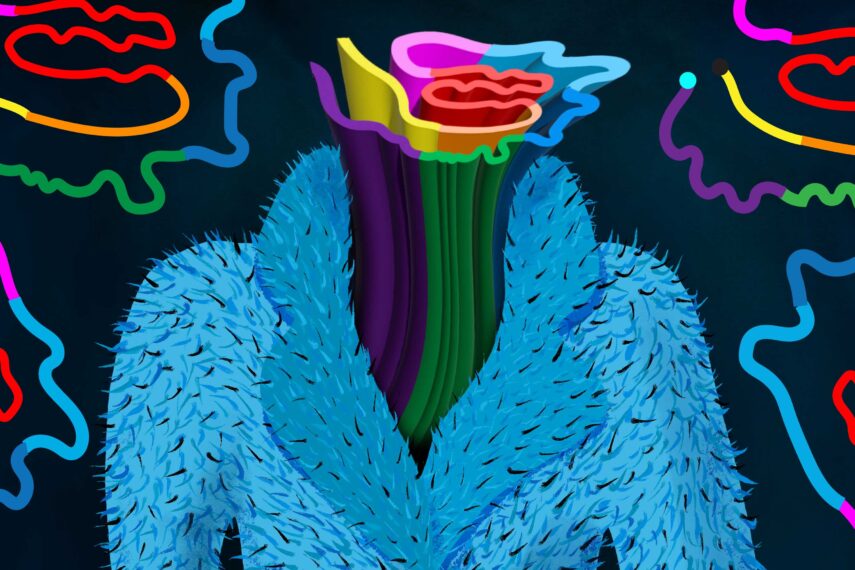
Chemists determine the structure of the fuzzy coat that surrounds Tau proteins
Learning more about this structure could help scientists find ways to block Tau from forming tangles in the brain of Alzheimer’s patients.
Read the Article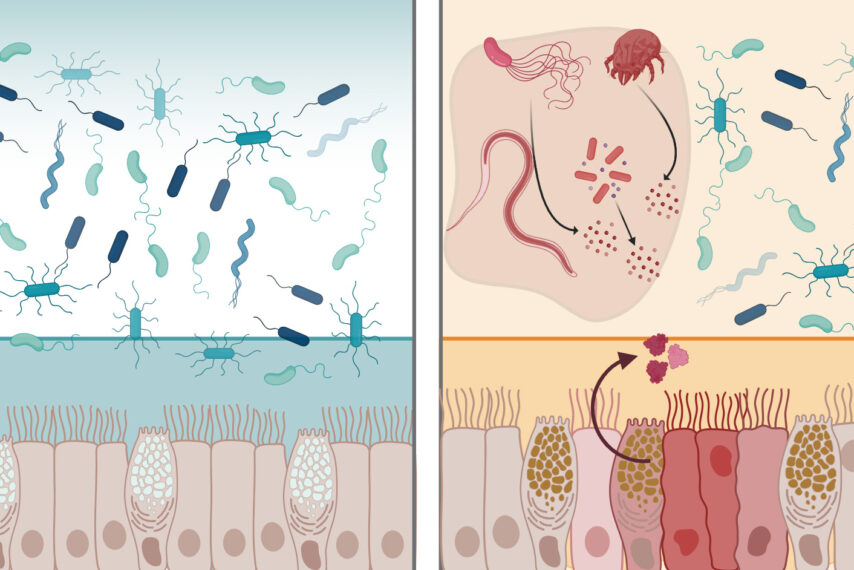
A protein found in the GI tract can neutralize many bacteria
The protein, known as intelectin-2, also helps to strengthen the mucus barrier lining the digestive tract.
Read the Article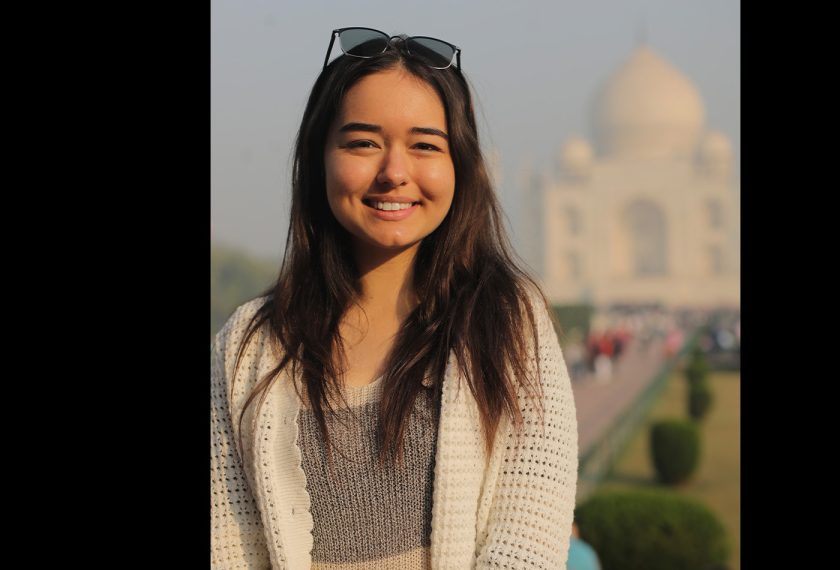
Graduate Student Spotlight: Dilyara Sharipova
Chemistry Graduate Student Dilyara Sharipova describes her research and answers 20 random questions as part of the Graduate Student Spotlight series.
Read the Article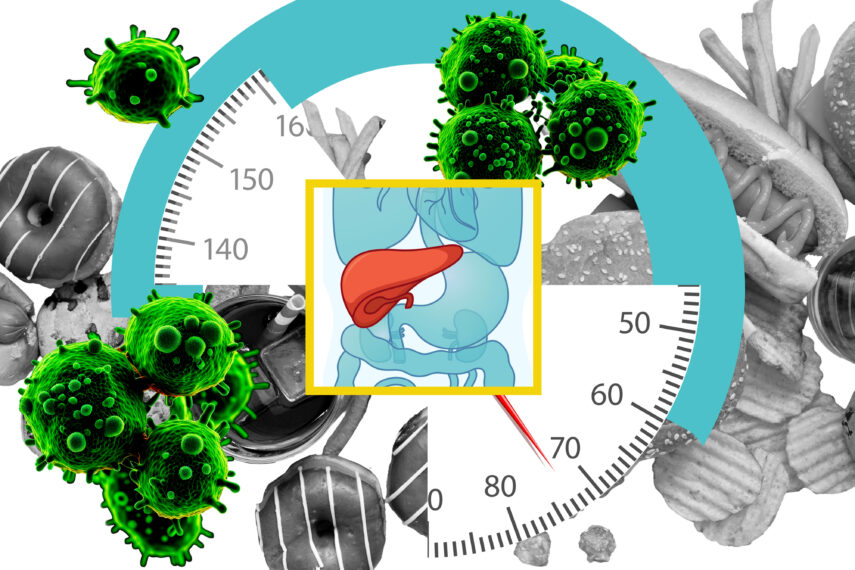
Study: High-fat diets make liver cells more likely to become cancerous
New research suggests liver cells exposed to too much fat revert to an immature state that is more susceptible to cancer-causing mutations.
Read the Article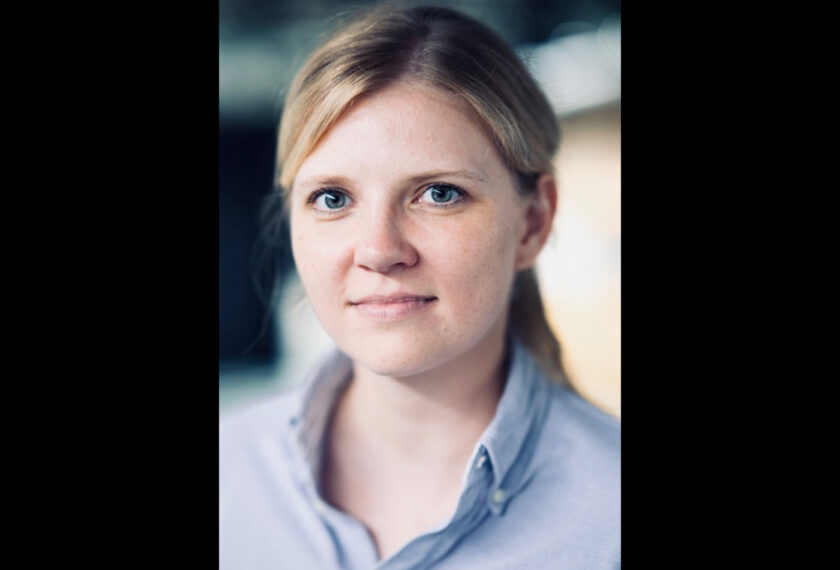
Gabi Wenzel wins 2026 Laboratory Astrophysics Division Early Career Award
The LAD Early Career Award is given to an individual who has made significant contributions to the field within 10 years of receiving their Ph.D.
Read the Article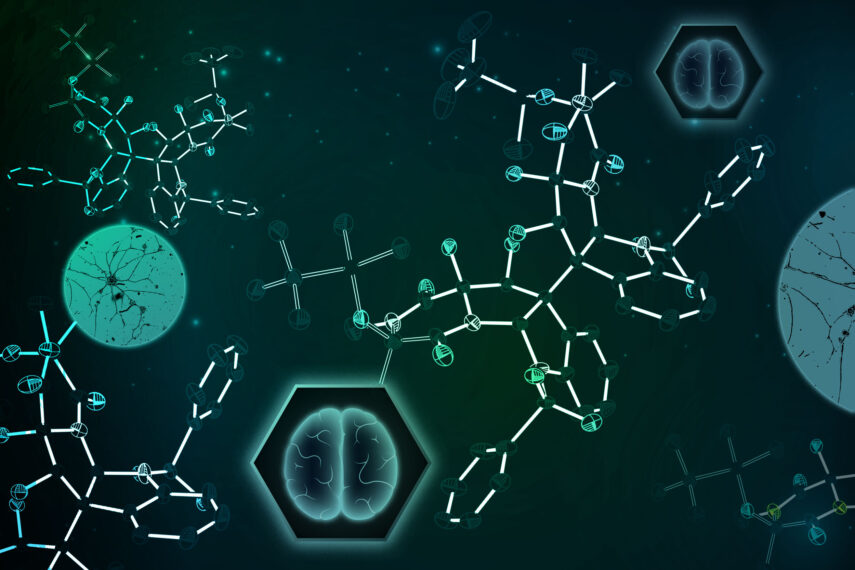
MIT chemists synthesize a fungal compound that holds promise for treating brain cancer
Preliminary studies find derivatives of the compound, known as verticillin A, can kill some types of glioma cells.
Read the Article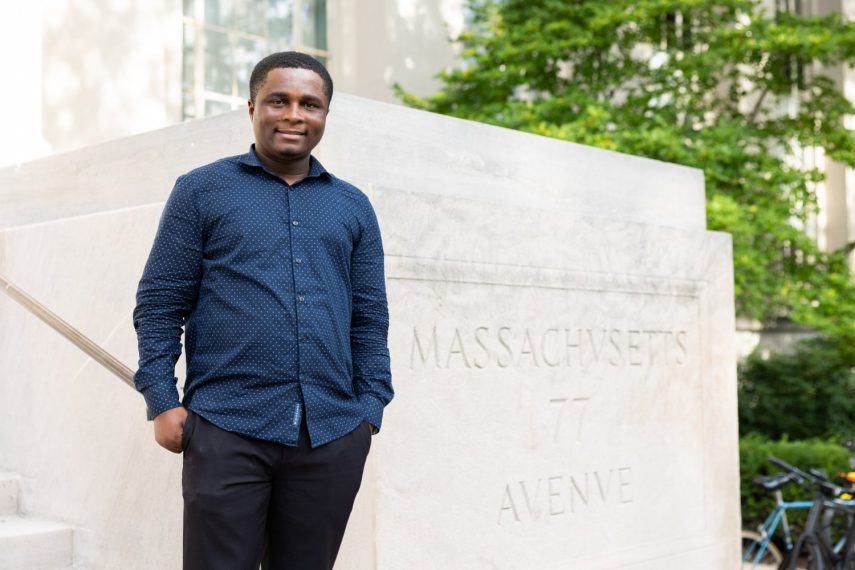
Quantum modeling for breakthroughs in materials science and sustainable energy
Quantum chemist Ernest Opoku is working on computational methods to study how electrons behave as a School of Science Dean’s Postdoctoral Fellow.
Read the Article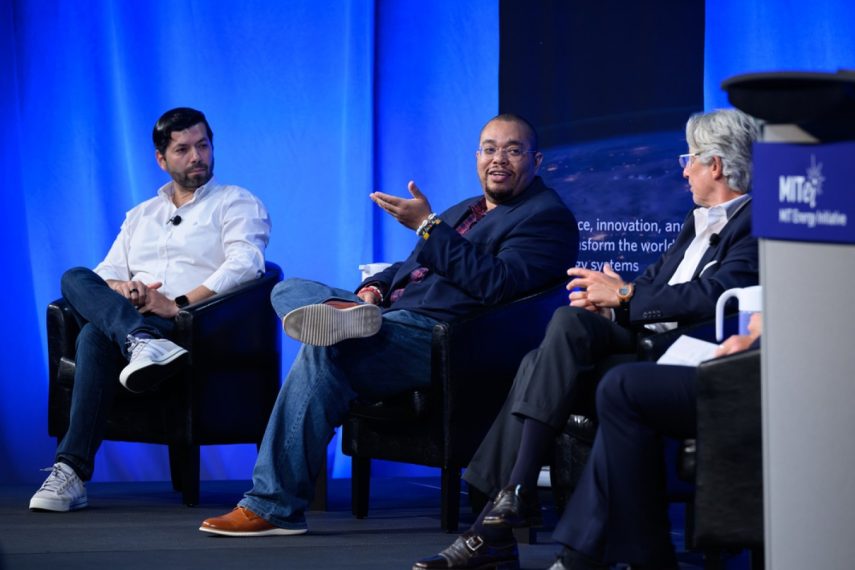
MIT Energy Initiative conference spotlights research priorities amidst a changing energy landscape
Industry leaders agree collaboration is key to advancing critical technologies.
Read the Article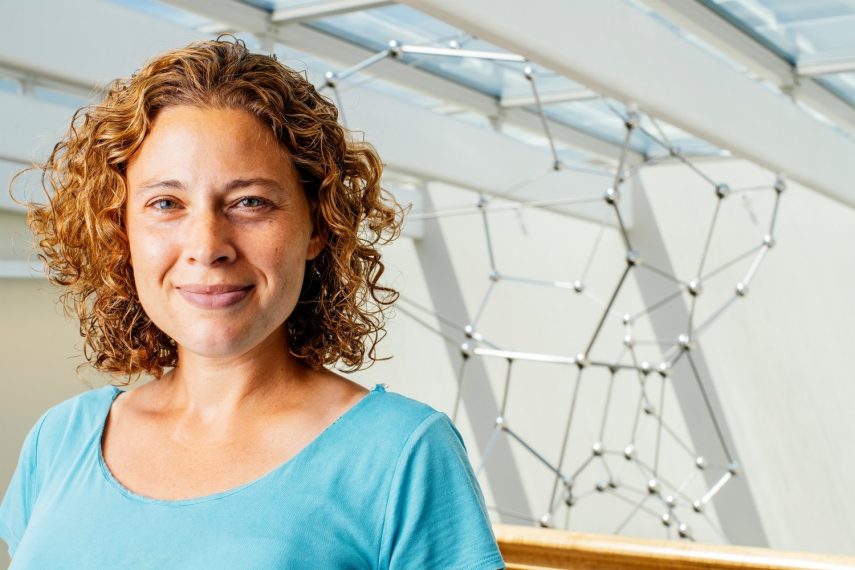
Leading quantum at an inflection point
The MIT Quantum Initiative is taking shape, leveraging quantum breakthroughs to drive the future of scientific and technological progress.
Read the Article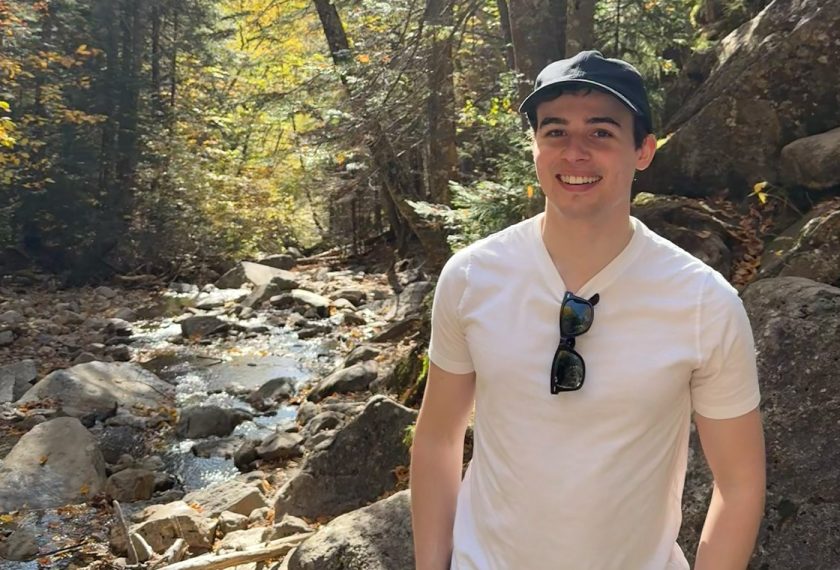
Graduate Student Spotlight: Seth Furniss
Chemistry Graduate Student Seth Furniss describes his research and answers 20 random questions as part of the Graduate Student Spotlight series.
Read the Article
